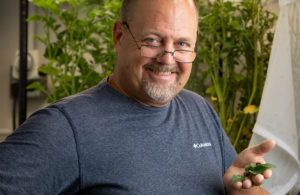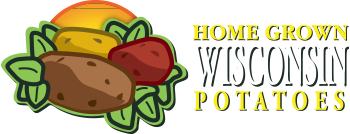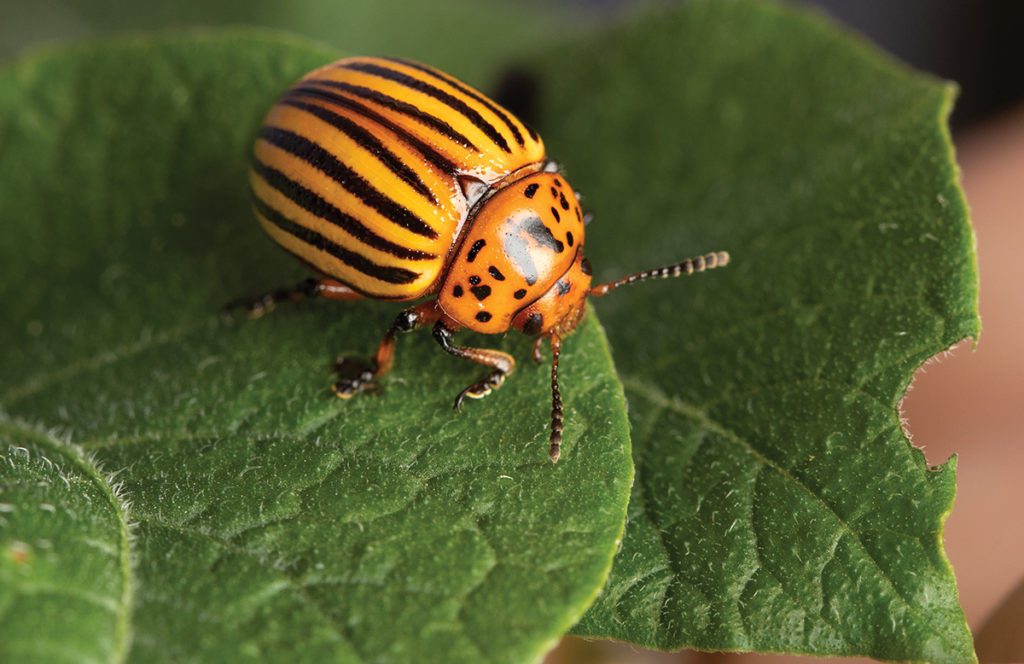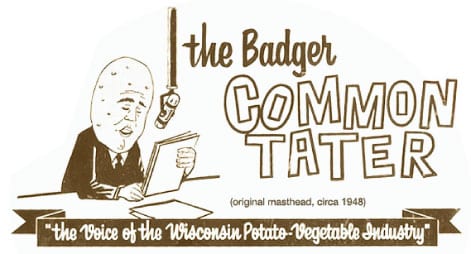Russ Groves develops environmentally sustainable options for growers
By Nicole Miller, GROW, Wisconsin’s Magazine for the Life Sciences, https://grow.cals.wisc.edu

Wisconsin has a long history of vegetable production. It’s a leading producer of the nation’s processing vegetables, such as snap beans, sweet corn, carrots, and potatoes.
As a professor and extension specialist in the UW-Madison Department of Entomology, it’s part of Russ Groves’ job to protect these vegetable crops from insect pests, and that includes safeguarding the state’s potato crop from the voracious Colorado potato beetle (CPB).
The beetle is one of the most harmful pests of potato, capable of munching so many leaves that it reduces tuber yields, so growers turn to insecticides to keep the bugs at bay.
Groves notes that some of the state’s surface and groundwater reflect an unfortunate legacy of long-term pesticide use in select areas with high agricultural intensity.
That’s a big motivator behind his efforts to develop more environmentally sustainable pest control options for growers.
In recent years, Groves has been working with biotech industry partners to develop and fine-tune a new, more eco-friendly insecticide option involving RNA interference (RNAi) technology.
The approach, which utilizes double-stranded RNA (dsRNA) to silence critical genes in the beetle, is much more targeted than traditional insecticides.
Under Groves’ supervision, it’s being tested on Wisconsin fields this coming summer. He anticipates seeing the first RNAi-based insecticide on the market later this year.
Groves answers some questions regarding his work.


